New police boss vows to regain public trust

SHARE THIS PAGE!
The Lesotho Mounted Police Service (LMPS) has perennially faced a myriad of challenges; ranging from police brutality and nepotism to failure to curb crime and protect property, according to its mandate.
But all that is to change, if what newly-appointed Acting Police Commissioner,Dr Mahlape Morai, says is anything to go by. Dr Morai, who is Lesotho’s second female police boss, was appointed in January this year. She faces the mammoth task of introducing high standards of policing, reducing crime rates and ensuring the police regains public trust. In an interview with theReporter’s ‘Mantšali Phakoana, Dr Morai acknowledges the huge tasks that lie ahead and explains how she intends to tackle them.
Briefly tell us about the journey you have travelled in the police service before your recent appointment as Commissioner.
I started as a cadet officer in 2002, under a programme that one goes through when she or he has a minimum qualification of a first degree. It was geared specifically for officers who were going to become supervisors immediately after training. During training, I was attached at the then Maseru Rural Police Head Quarters, now known as Flight One. In 2003, I started working at the Police Training College (PTC) as director responsible for training. As I rose through the ranks, I was assigned to the Police Complaints Authority, which is an external oversight body of the police service. I came back in 2022 and continued in my substantive rank as deputy commissioner of police.
What inspired you to join the police service, which is considered a male-dominated career?
I am a teacher by profession. After finishing my first degree at a very tender age, I joined a police netball team in Mafeteng where I grew up. The more I spent time with police officers, I started learning and appreciating their culture of discipline. They would greet each other most of the time. The fact that my brother is also a police officer inspired me even further. The motivation and encouragement I got from people close to me also played a part in my decision to join the police.
But mostly, I was inspired by police officers’ cleanliness. As someone who likes organised and orderly things, I find the LMPS a highly principled institution and I love it for that.
A few months into this challenging role, what has been your initial assessment about the state of the LMPS?
My assessment did not start now when I assumed this position. I was a deputy commissioner when I left the police to join the Police Complaints Authority. Looking at the LMPS from a distance, I learned more than I thought I knew about this institution. I was in an external oversight body of the LMPS. My role was to oversee the LMPS, how they operate, not really to mark them and tick the boxes, but also trying to come up with solutions for a better LMPS.
That position gave me a better understanding of the institution. It was a learning curve, where I could look at the LMPS in a much more critical but constructive way, without my uniform on.
Basotho have in recent years lost trust in the police, citing its failure to fulfil its mandate of fighting crime and protecting citizens. How are you planning to regain their trust?
A lot of us forget why we joined the LMPS and that we owe allegiance to this nation. We forget the public vows we made to the country. It is also important to remember that the main purpose of policing is to have good relations with the public.
When you talk of regaining trust of the public, we are referring back to our roots. This has been my mandate since I joined the service. The main purpose of what I did and continue to do is to ensure that there is harmony between the public and the police because without that, there is no way we can fight crime.
We need to constantly remind our officers of how important it is for us to work diligently and account to the public to gain their trust. Cooperation between the police and the public is at the centre of my work and vision. This goes a long way in curbing crime.
You’ve been in the police service for 22 years. How has this long service equipped you to tackle the challenges in the LMPS?
I have been in the police service rightly so, for 22 years. During this time, I’ve not just been here as a police officer, but I also worked at the Police Complaints Authority where I was looking constructively at the LMPS and its operations and performance. The exposure, training and experience that I gained internationally, regionally, and within and outside the police, have equipped me a lot to be able to tackle the challenges facing the LMPS.
Soon after your appointment, you expressed concern over the high levels of crime in the country. How do you plan to overcome this and within which timeframe?
Crime levels in Lesotho are indeed worrying, especially murder. It is only in Lesotho where people kill each other for no reason. All the murder cases in the country are unnecessary. We experience a lot of murders, particularly at night.
To help address this, this is the fourth week since we embarked on operations to ensure that liquor shops or businesses close on time according to their licenses, and if they don’t, they face charges. We have also embarked on ‘stop and search operations’ during the day and at night, whereby we search and seize all illegal weapons in the hands of wrong people and make arrests if need be. It is important for police officers to ensure that the public sees their work and feel safe working with them.
The LMPS continues to face a myriad of challenges; ranging from police brutality to failure to curb crime. Where do you start from?
We are taking measures against police officers acting inappropriately. We’re also doing a lot of training to raise awareness on police brutality and its effects on the nation and how it tarnishes the image of the LMPS and the whole country.
Police officers need to understand the damage they are doing to the service as well as to themselves. As I have said, we need to regain our positive image as the LMPS and it is with the officers that we have and how they present themselves that we can achieve this.
What do you hope to achieve by the end of your term as Police Commissioner?
There are a lot of things that I want to achieve, but I will just mention few. I want the LMPS to have a positive environment and culture. When I joined the police, one thing that I noticed is that police officers are divided. It is important to work as a cohesive unit and remind ourselves that we are all police officers at the end of the day. Just yesterday, I met with members of the Lesotho Police Staff Association (LEPOSA), an institution advocating for the rights of police officers. One of the issues I mentioned to them is that before they are members of LEPOSA, they are the members of the LMPS.
Building a positive environment and culture in the LMPS will help us to remember that before everything else, we are police officers, and therefore we have to act as such, with respect and discipline. There were times when we were concerned with LEPOSA’s demonstrations and these are the issues that we raised to them.
Cyber-crime is increasingly becoming a major concern in the country. What is the police doing to root out this challenge?
We have a cybercrime unit already in place. What is important now is to equip them with modern equipment to investigate cases. We have quite a number of leads coming on social media, Facebook to be precise. If we have the right equipment, it would be easy for us to investigate and arrest perpetrators in no time. The unit needs a lot of capacity to be able to prevent and get rid of fake Facebook accounts which people use to insult others. That shows how Basotho have forgotten their roots.
Police officers have often been accused of conniving with criminals to commit crime, i.e. by selling them guns from the LMPS. What plan of action do you have to address this?
We’re engaging different divisions and groups of police officers, starting with seniors, to raise our concerns over such issues. We’re making them aware of the damage they are doing to themselves. We’ve also given police officers platforms to raise their concerns and inform us how they think these can be addressed. Some of their concerns were understandable but that does not justify them conniving with criminals. We don’t condone such actions. Corrective measures will be taken against officers found on the wrong side of the law.
There have been allegations of nepotism in engaging new recruits for training into the service. What do you think needs to be done to overcome this?
What needs to be done is not something I started or invented; it is something that has also been happening. When I was recruited as a cadet officer, I was vetted. Vetting is a process that is used by every law enforcement agency, particularly the police. Every police officer should go through this. It is done from our previous schools and villages. I want to believe that if there are cases of undesirable elements recruited into the police, vetting was not done properly. It would mean the community, chief or school a person comes from failed us. Vetting should be done properly and without favour. Usually, we have a recruitment committee that uses set guidelines to ensure transparency. We’re going to make sure that every single process in the recruitment is done according to proper polices and guidelines.
Murder and stock theft are some of the major crimes in the country. Do you have any specific programme to overcome them as a matter of urgency?
We have rampant stock theft in Lesotho but it happens differently in every district. At the moment we have a high prevalence in Mokhotlong. We’ve more cases in the highlands than in the lowlands. We’ve a programme in place to fight stock theft but it is very costly. However, we’ll continue with it.
I was pleading with the LDF (Lesotho Defence Force) commander to assist us with a helicopter to engage in consistent operations in the highlands. We need to maintain visibility there. Thieves know that they can’t be caught easily in such hard-to-reach places. Another initiative is to embark on collaborative operations in different regions at least every month, where we invest resources and personnel on such missions for them to be effective.
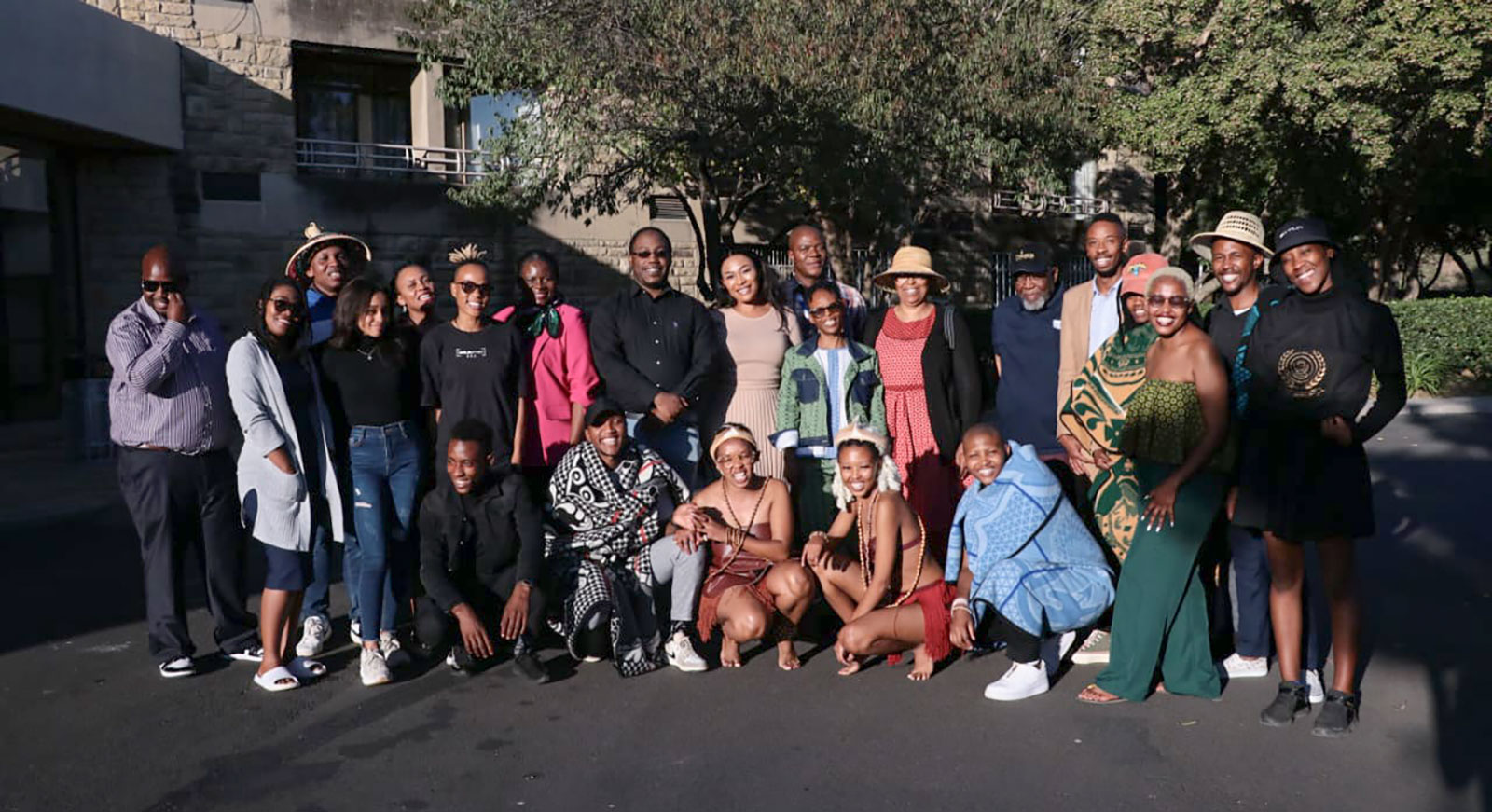
GEM Institute celebrates World Art Day
2 days ago
IEC finds own home, saves on massive rentals
3 days ago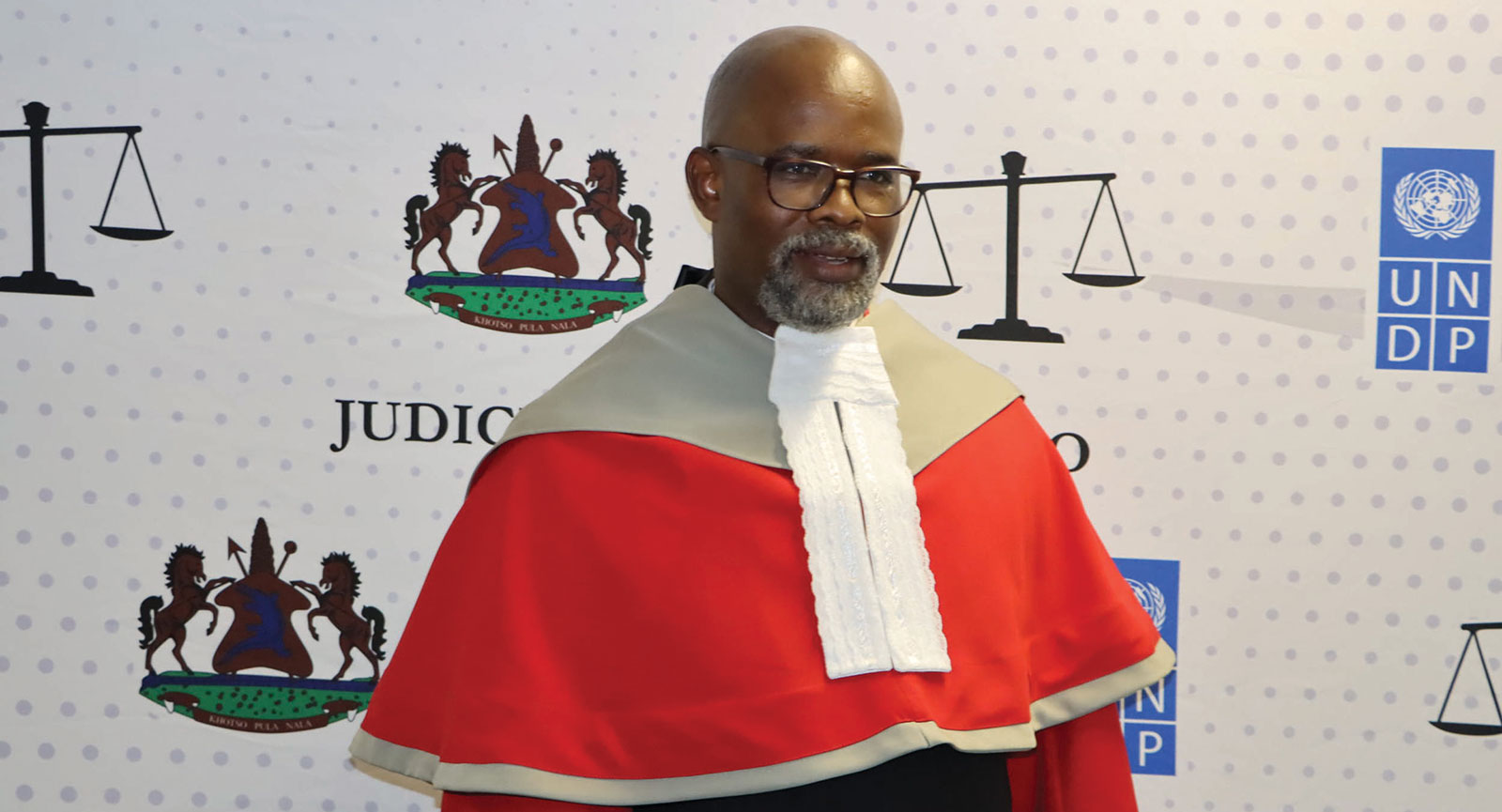
M2m commission to probe LCS torture
3 days ago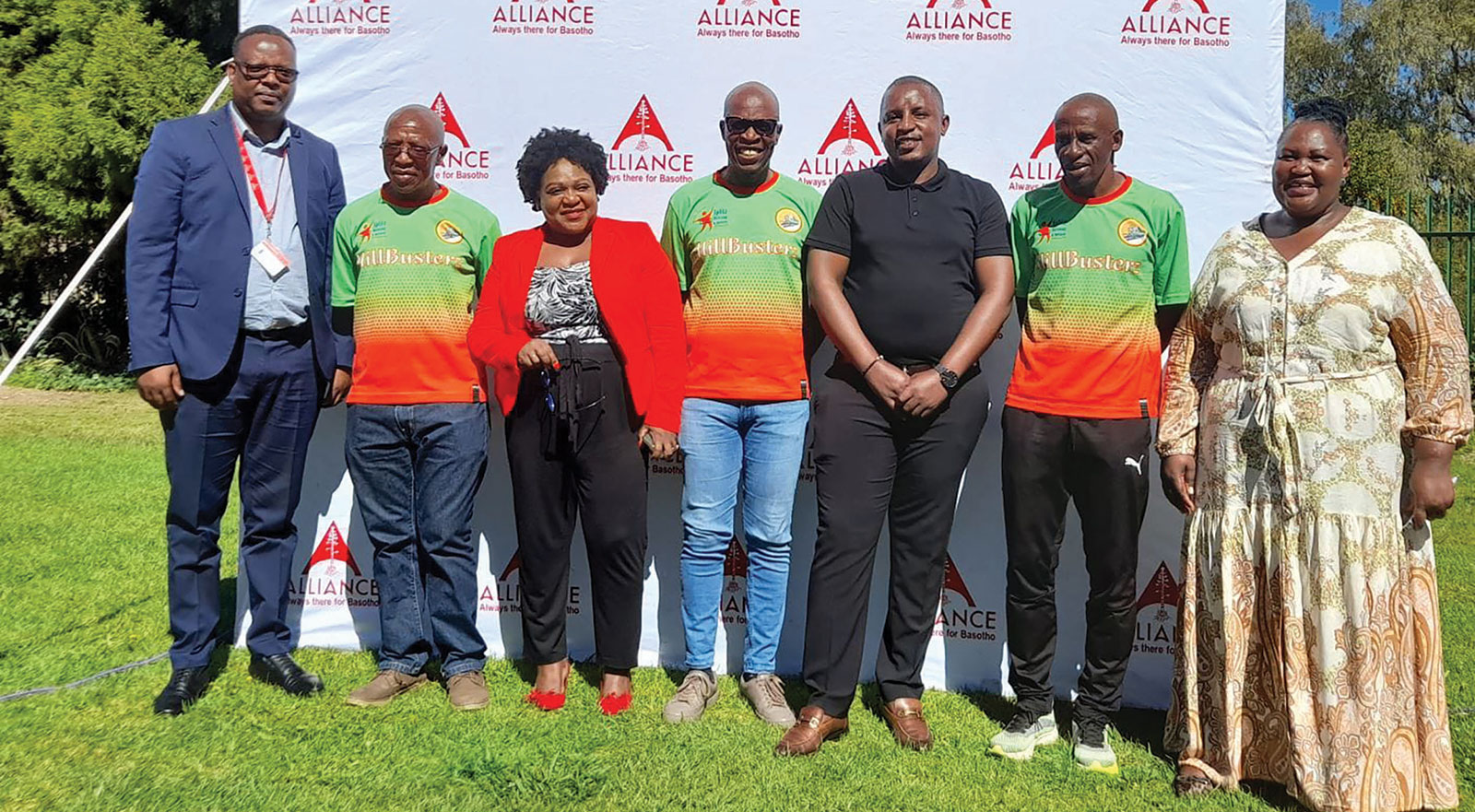
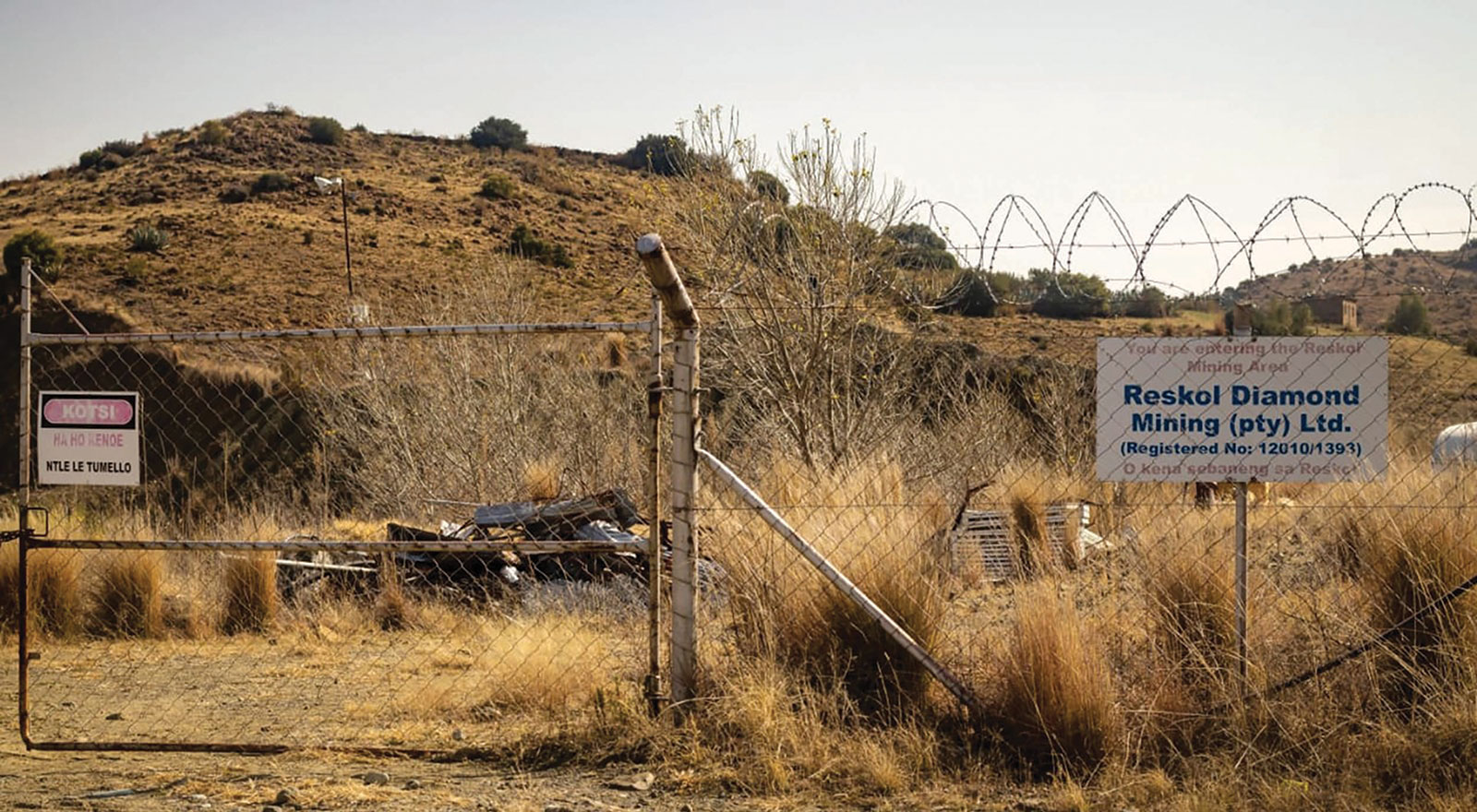
Parly orders mine closure
3 days ago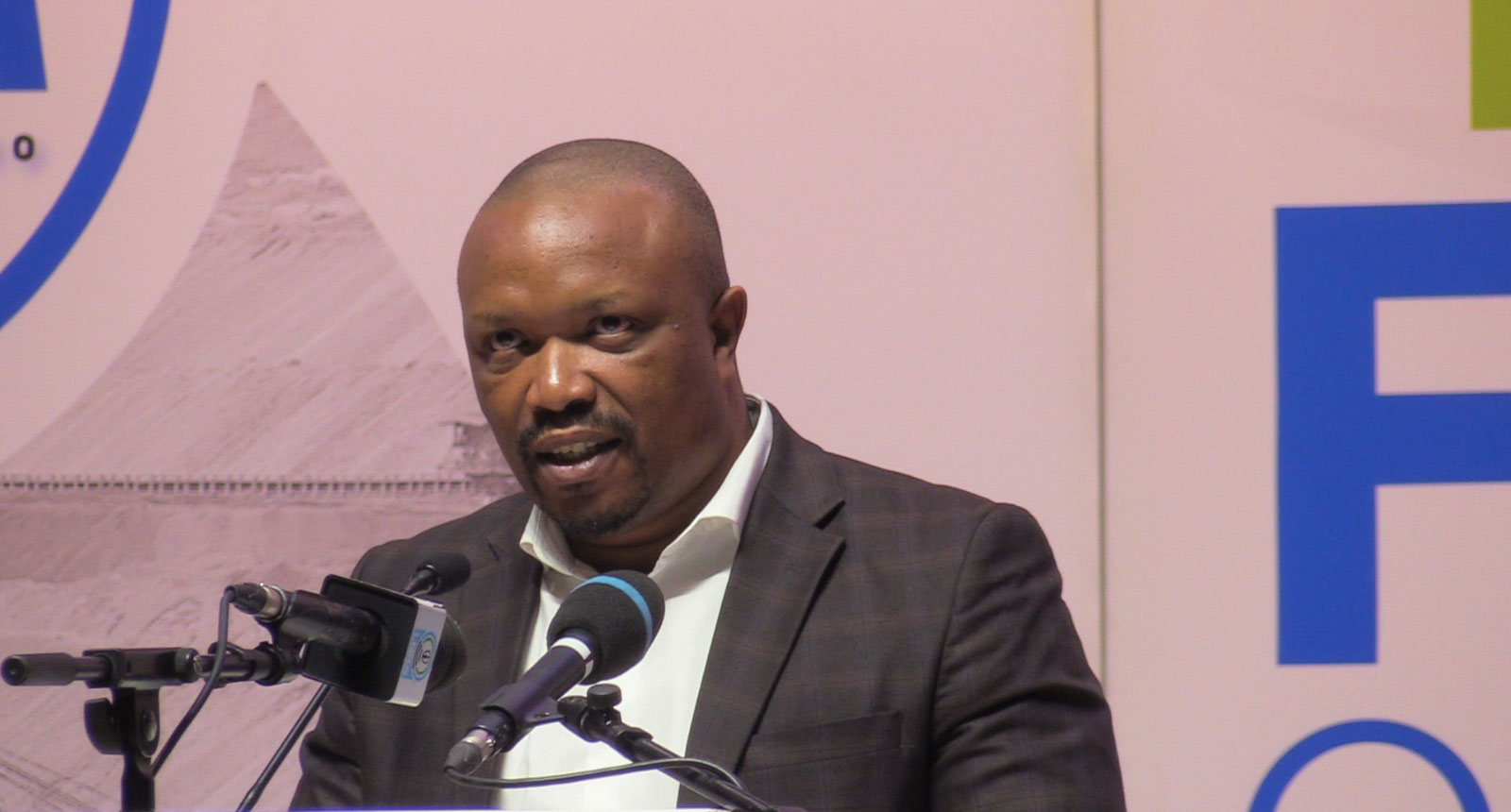
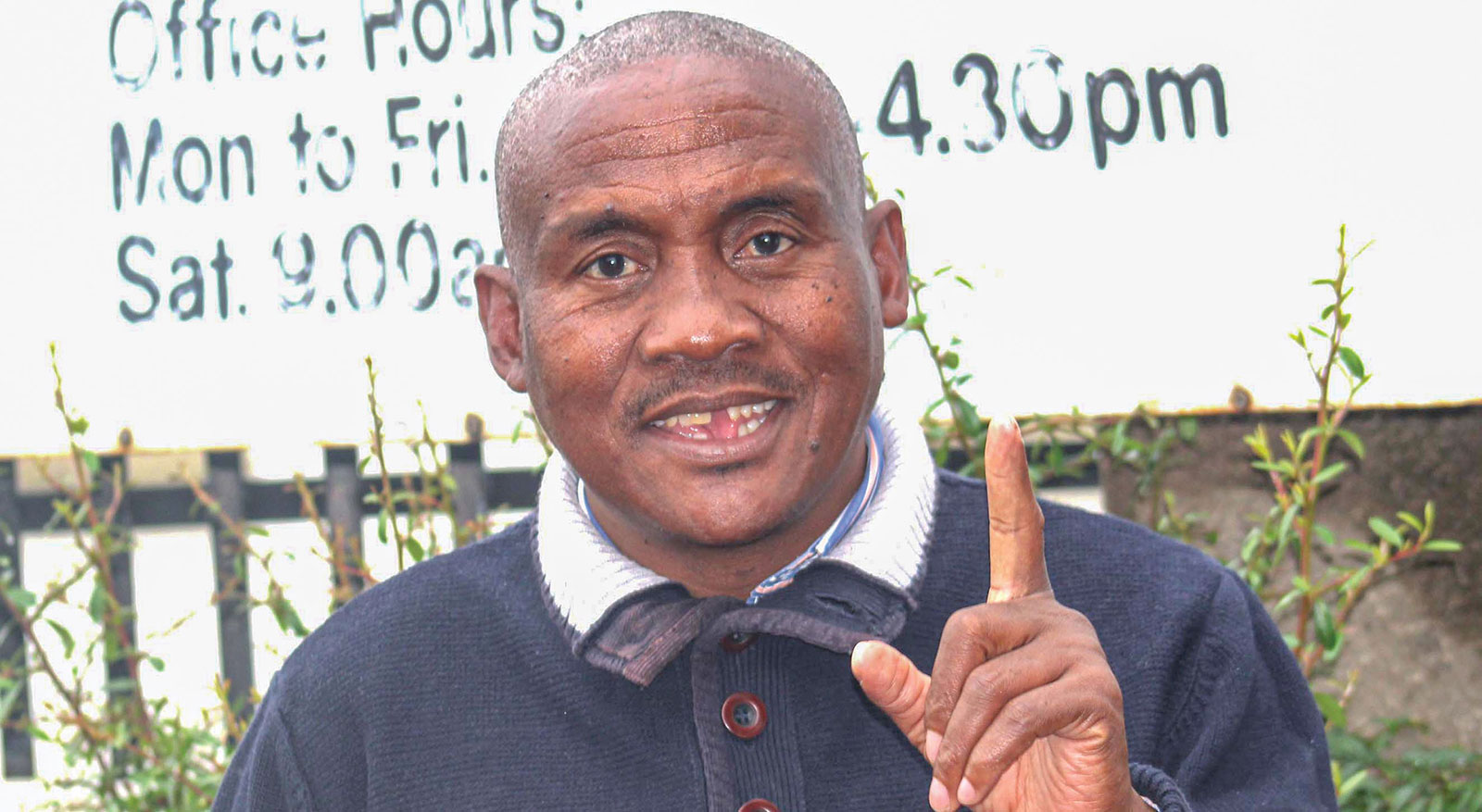
Thamae fighting for water rights
5 days ago
Do not wait to say Eish, get cover today!
5 days ago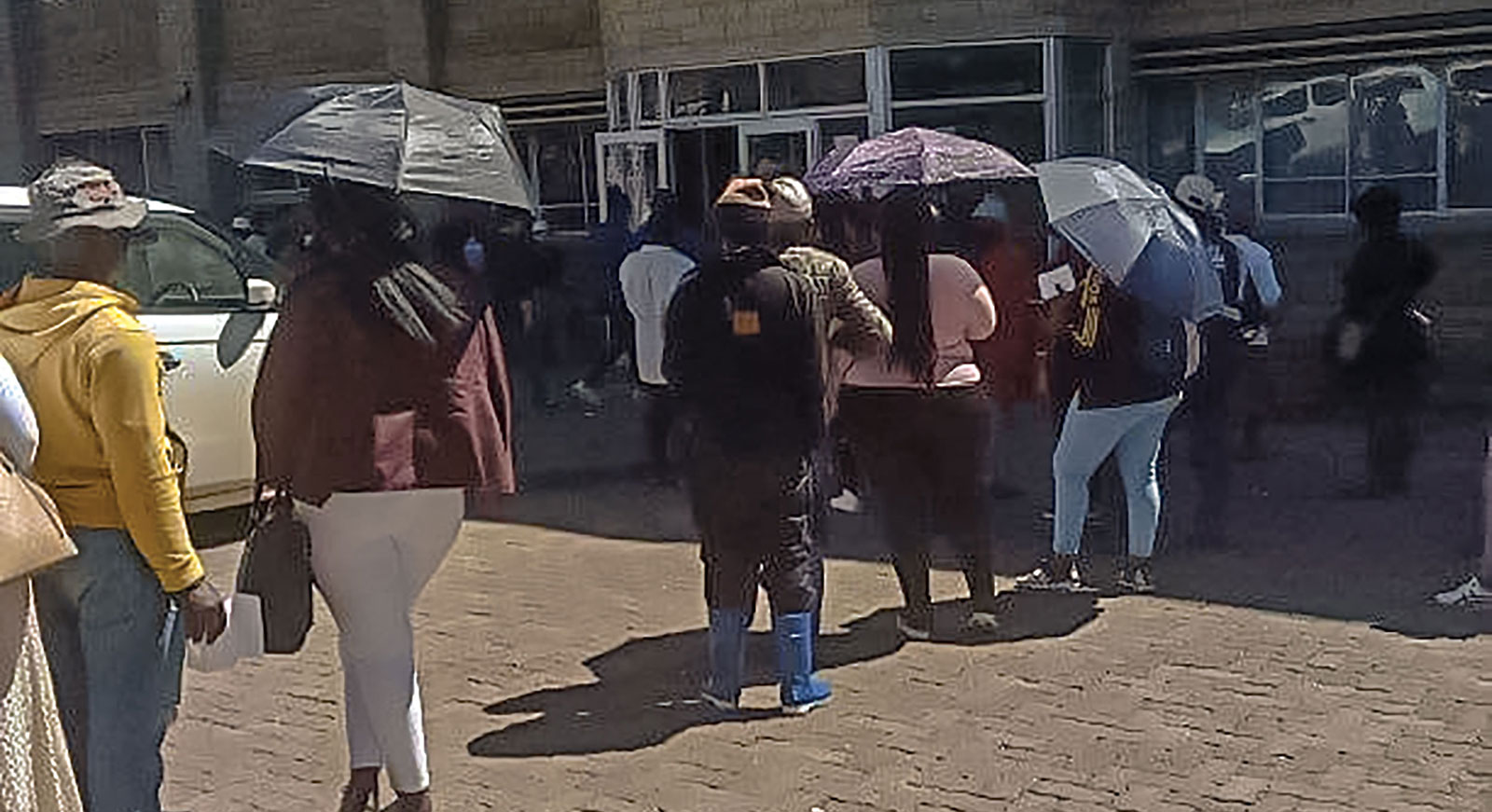

Joachim Garments seizes the moment
7 days ago